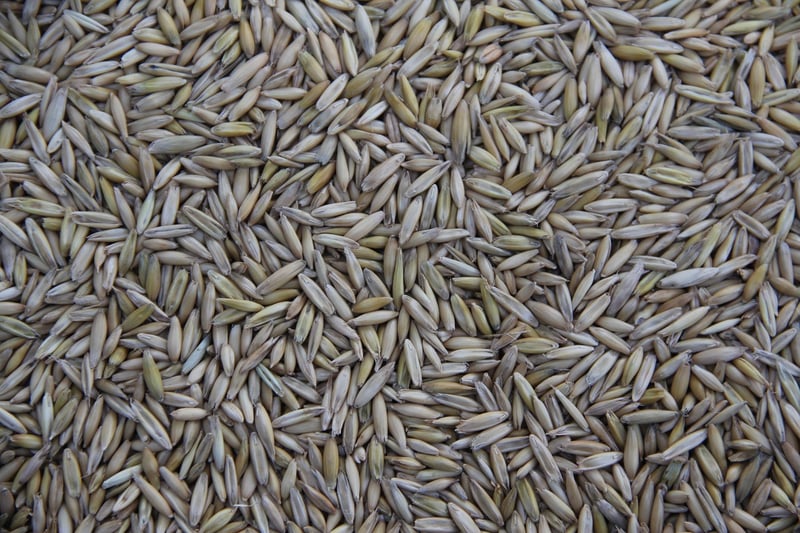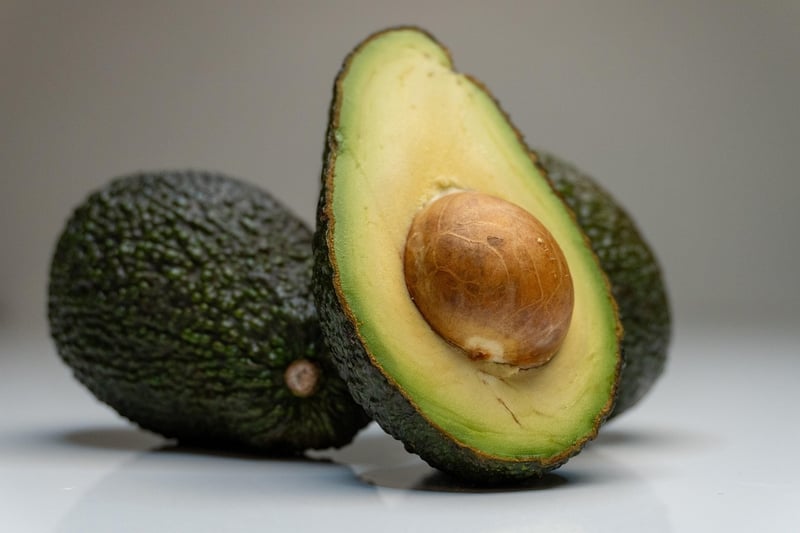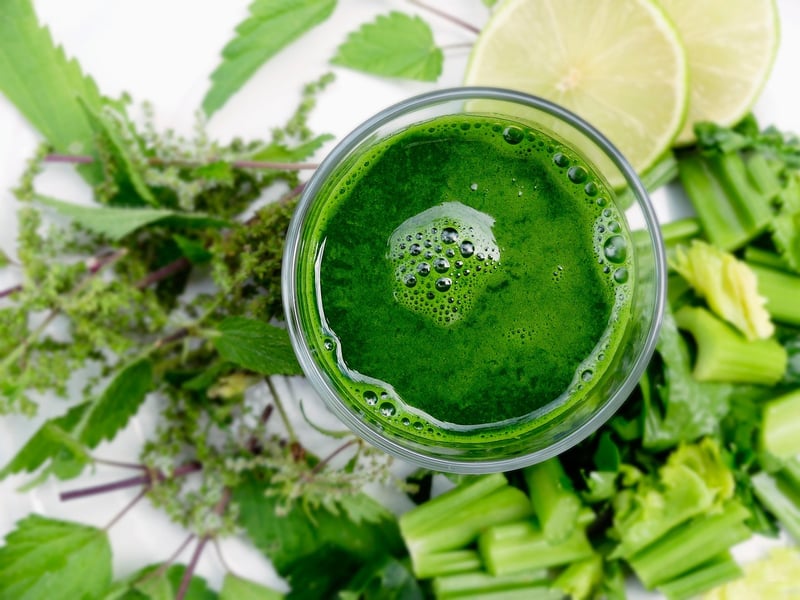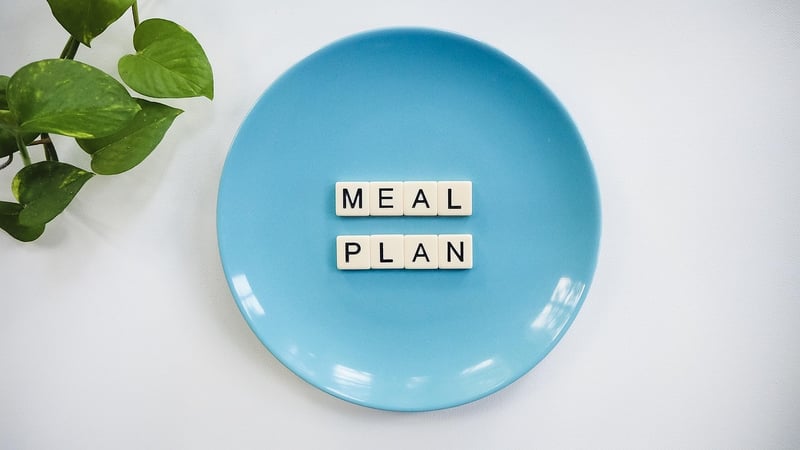Balanced Diet Plans
Food Choices for Health and Balanced Diet Plans
Introduction
Eating a well-balanced diet is essential for maintaining good health and overall well-being. By making smart food choices, you can provide your body with the nutrients it needs to function optimally. Here are some tips and suggestions for incorporating healthy foods into your diet.
1. Fruits and Vegetables
Include a variety of colorful fruits and vegetables in your meals. They are rich in vitamins, minerals, and antioxidants that help protect against diseases. Aim to fill half your plate with fruits and vegetables at every meal.

2. Whole Grains
Choose whole grains like brown rice, quinoa, whole wheat bread, and oats over refined grains. Whole grains are high in fiber, which aids in digestion and helps you feel full longer.

3. Lean Protein
Incorporate lean protein sources such as poultry, fish, tofu, beans, and legumes into your meals. Protein is essential for building and repairing tissues in the body.

4. Healthy Fats
Include sources of healthy fats in your diet, such as avocados, nuts, seeds, and olive oil. These fats are important for brain function and heart health.

5. Dairy or Dairy Alternatives
Choose low-fat dairy products or dairy alternatives like almond milk or soy milk. These provide calcium and vitamin D for strong bones and teeth.

6. Hydration
Drink plenty of water throughout the day to stay hydrated. Water helps regulate body temperature, aids in digestion, and flushes out toxins.

Conclusion
By incorporating these food choices into your diet, you can create a balanced meal plan that supports your overall health and well-being. Remember, moderation is key, and it's essential to enjoy a variety of foods to ensure you're getting all the nutrients your body needs.
Here's to a healthier you!
